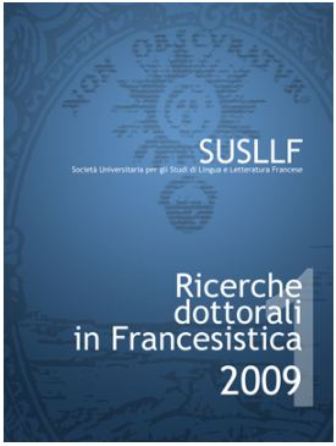Le seuil de la modernité lyrique. Relire Hugo avant l’exil
Abstract
The article provides keys for a re-reading of Victor Hugo’s early poetical works which have been neglected by critics for a long time. The proposed interpretation aims to give an overview of the deep and consistent relationships among some of the main constants of Hugo’s poetry, arguing that these constants already reached their aesthetic achievement in the collections written in the years (1820s-1830s) of the French “Romantic poetry”, and preceding the masterpieces of the following decades. Restoring the relevance of these collections means to call the beginning of poetic modernity into question. Starting from the well-known Baudelaire’s article on Hugo, in which it emerges how contemporaries considered the Romantic turning point as a true revolution, this article aims to fully reassess the modernist role of Hugo’s poetry of that period, suggesting it again as the proper historical perspective, although now it could seem to have lost its strength or its present-day importance.


